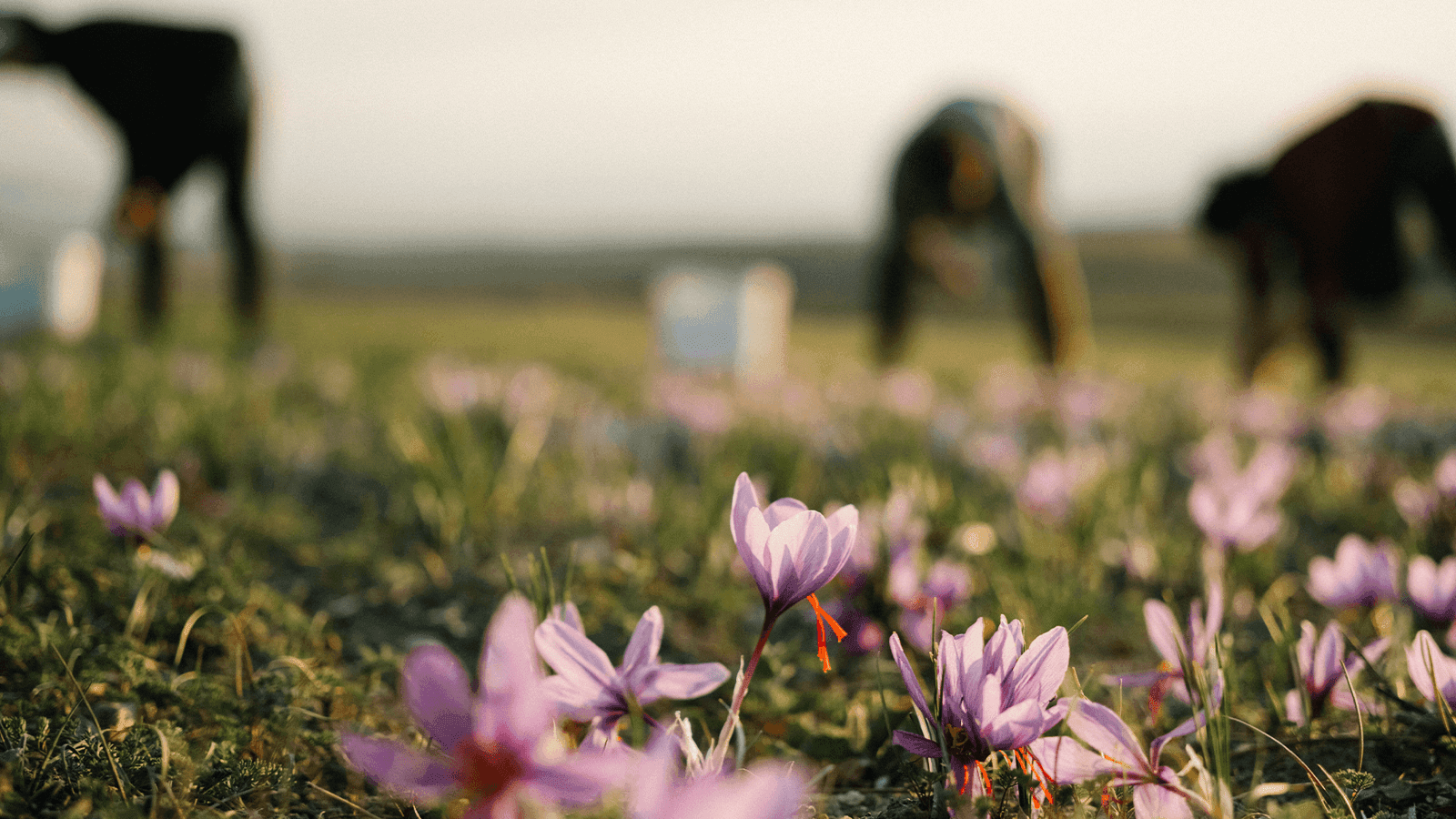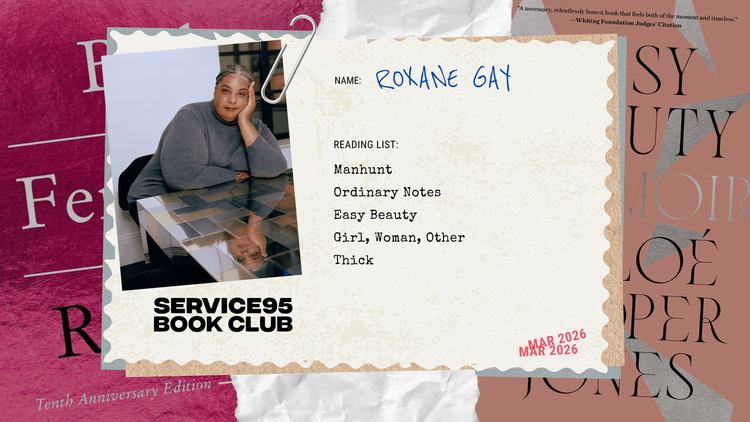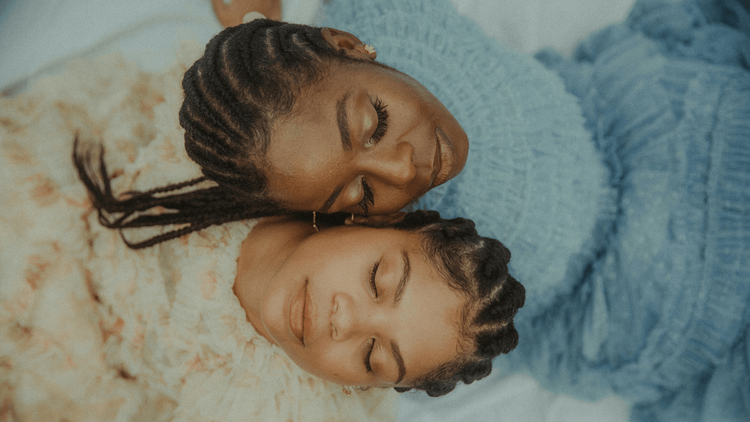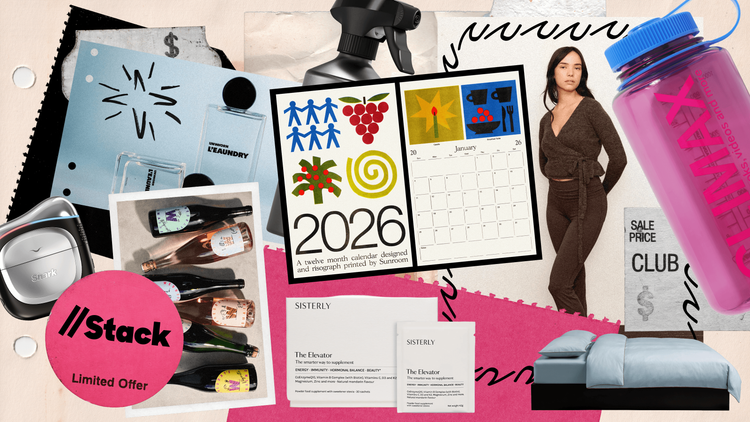The concept of farm-to-table is nothing new, but what about farm-to-fragrance? Perfume brand Matière Première’s founder Aurélien Guichard is redefining what luxury perfumery looks like by growing his own ingredients.
The name ‘Matière Première’, which literally translates to ‘raw material’, reflects the brand’s ethos of celebrating natural ingredients in their purest and most potent form. “Planting flowers, watching them grow, and harvesting them brings a new layer of meaning to creation,” Aurélien told me during a recent trip to the saffron fields of northern Greece – where the key ingredient of his latest fragrance, Crystal Saffron, is sourced. “I’m currently the only perfumer in the world cultivating their own ingredients – it’s a dream come true.”

His laser-sharp dedication to authenticity is also matched by his respect for the environment – sustainability and craftsmanship is central to Matière Première’s ethos. The saffron for Crystal Saffron comes from Greece, while rose centifolia, tuberose and lavender flowers are grown on the Aurélien family’s Ecocert-certified fields near Grasse in the south of France.
“My family have had their estate for generations, but we stopped planting flowers in the fields during the 1980s,” he says. “I had a real desire to keep traditional Grasse perfumery techniques alive for the next generation and decided to replant the fields with 12,000 rose centifolia trees in 2016. I initially planned to use the roses for fragrances I was working on for fashion houses but one summer, after I invited friends (and now co-founders ) Cédric Meiffret and Caius von Knorring to visit the estate, we thought about creating fragrances that centered around raw materials and their beauty.” That afternoon led to the launch of Matière Première in 2019.

For the ingredients he doesn’t grow himself, Aurélien collaborates with producers who share his values; such as the vanilla sourced through a Fair for Life programme in Madagascar which is designed to improve yields, revenue to farmers and ensure minimal impact on the environment. The organic sandalwood oil from Dutjahn in Australia is also supplied by a company committed to planting several trees for every one cut. These practices ensure not only top-quality ingredients but also fair pay, safe working conditions, and support for local communities.
“For me, sourcing is my first act of creation,” says Aurélien. “The olfactive quality of an ingredient is intricately tied to the way it’s cultivated, which is why ethical and organic production is always a priority.” In the Kozani region of Greece, saffron has been cultivated for more than 300 years. Today, the Crocos Kozani Cooperative (a group of almost 1,000 members across more than 25 villages) ensures that this tradition thrives. During the harvest season, local farmers hand-pick the delicate stigmas of the flowers, which are then dried to preserve their distinctive qualities. It takes around 50,000 stigmas to produce just 100 grams of quality red saffron needed to produce high-quality perfume.


Aurélien’s approach taps into a growing consumer desire to know exactly where our products come from and how they’re made. Much like the farm-to-table movement, where diners appreciate the story behind their food, farm-to-fragrance invites people to connect with the origins of what they wear. This isn’t just a trend in perfumery, it’s reshaping the way we think about luxury goods across industries.
Take chefs cultivating rooftop gardens for fresh, local ingredients, such as successful restaurant Blue Hill At Stone Barns in New York, which integrates farm-to-table practices into every dish, or designers like Stella McCartney, who sustainable materials such as organic cotton and regenerative wool. These efforts not only minimize environmental impact but also highlight authenticity and care. “Farm-to-fragrance isn’t just a concept – it’s a return to what perfumery is all about: creating an olfactive emotion from a natural ingredient,” reflects Aurélien. “In an increasingly digital and abstract world, goodness comes from things that feel grounded and authentic, and the future of luxury lies in access to sustainably sourced, high-quality raw materials. That’s the true luxury of tomorrow.”











